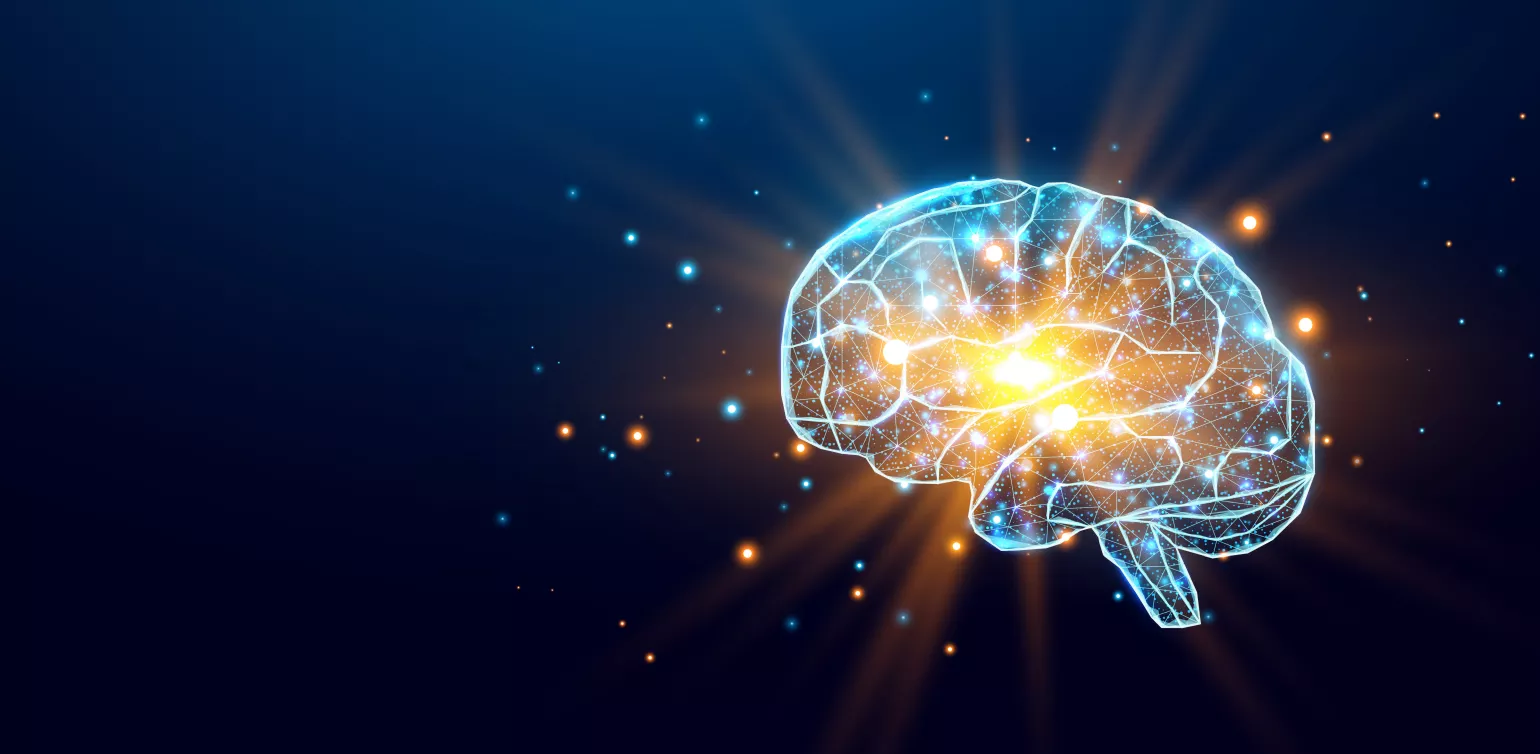
News
AI and Mental Health: Why Human Presence Still Matters in Therapy
A Forbes Interview on AI with Deany Laliotis
I was recently interviewed for a thought-provoking piece in Forbes, “Are We Witnessing the Birth of Machine Psychology?”—a timely exploration into the growing use of AI chatbots as mental health companions.
As therapists, we’re witnessing a cultural shift. More people—especially younger generations—are turning to AI to help them navigate loneliness, anxiety, and the pressures of modern life. And it’s not hard to understand why. As I noted in the article: “ChatGPT has more patience than anyone else in the world…and in a time-starved culture where therapists are often managing a full caseload of clients and family members who can be too busy to listen, that level of attention is magnetic.”
But while the constant availability and attentiveness of AI can feel comforting, we must ask: At what cost?
There’s a growing normalization of one-way relationships call parasocial bonds. These dynamics may be digitally convenient, but they risk replacing the rich, complex, human relationships that are at the heart of healing.
Yes, AI has promise—as a training tool for therapists and even as a support in clinical assessment. But it cannot replace the depth and nuance of a therapeutic relationship.
Therapy isn’t just about feeling heard—it’s also about the invitation to explore, to be challenged, to discover oneself, and held by another human being in the process.
As we move forward, we must ensure that technology complements, rather than replaces, the essential human elements that foster deep healing.
I hope you’ll give the article a read. It raises questions about connection, technology, and what it truly means to heal.
https://www.forbes.com/sites/michaelashley/2025/07/23/are-we-witnessing-the-birth-of-machine-psychology/